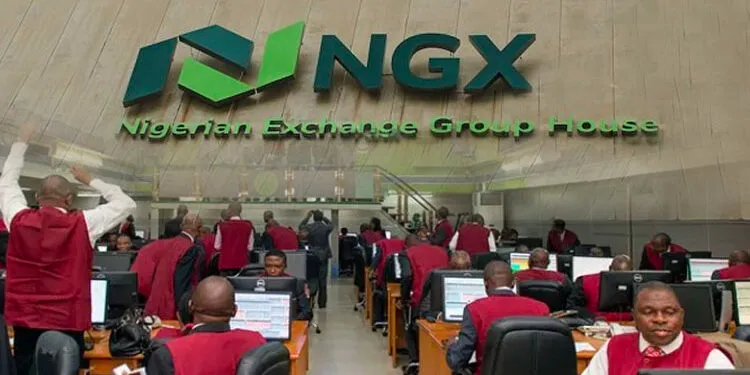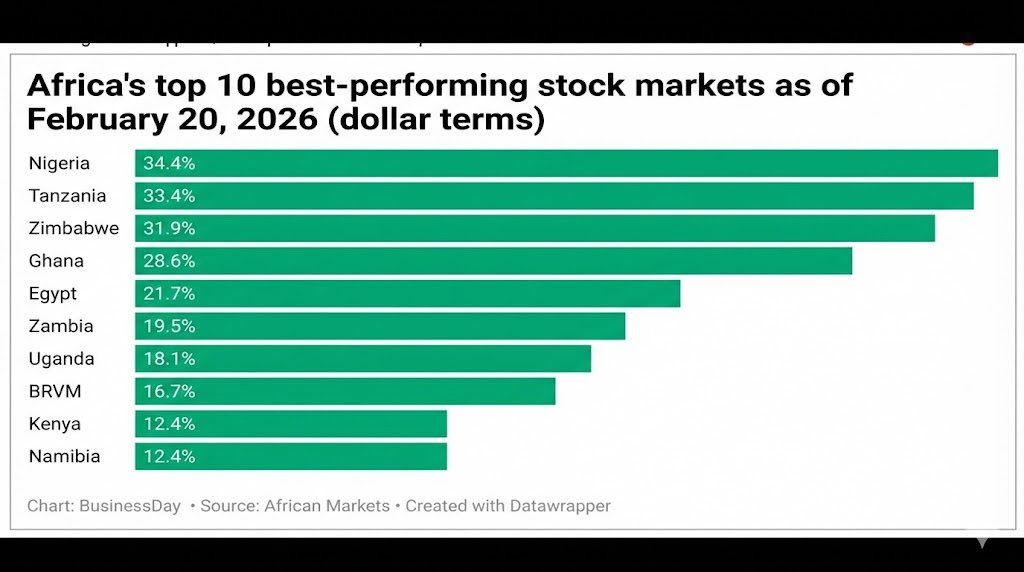Nigeria ranked number nine among top African investment destinations, with Seychelles and Mauritius topping the list.
The report assessed 31 countries on the continent, taking into account factors including social and human development, market accessibility, economic performance, and investment climate, according to Bloomberg.
Nigeria is seen as an emerging market with substantial development potential, along with Ghana and Kenya.
“In addition, there are a number of emerging markets with significant growth potential, including Nigeria, Ghana, and Kenya. Despite facing challenges such as political instability and infrastructural deficits, these countries offer substantial opportunities due to their large and youthful populations, improving business climates, and diversification efforts,” the report stated.
Seychelles and Mauritius ranked higher than other African countries due to their great economic stability, favourable investment climates, and indicators of social and human development, however their tiny populations and economies can be a turnoff to investors.
Egypt, which came in third, has a sizable market, solid economic statistics, and an excellent track record of economic performance. These factors make Egypt a desirable destination for investors. It provides a sizable consumer base, positioned advantageously in relation to European markets, with over 110 million people.
The report categorized countries into distinct groups based on shared characteristics related to their economic and investment profiles to help investors understand the unique traits and potential opportunities within different markets. Here’s a clearer breakdown.
Highflyers: These are sizable, firmly established economies with a variety of investment options and stability. Nigeria, South Africa, Egypt, and Ethiopia are a few examples.
Cleared for Take-off: This group of nations has a young population and numerous resources, which contribute to their strong potential for innovation and economic growth. Côte d’Ivoire and Senegal are two examples.
People Potential: These markets have a youthful and expanding population, which will produce a sizable consumer base and a future labour force. Kenya, the Democratic Republic of the Congo (DRC), and Uganda are a few examples.
Global Connectors: These are more advanced economies with a strong international presence. Examples include Morocco, Mauritius, Tunisia, and Seychelles.
Low-Base Boomers: This group includes smaller markets that have a greater degree of risk associated with them but also a strong potential for explosive expansion. Mozambique, Benin, and Rwanda are a few examples.
According to the RMB report, trade flows and investment decisions are impacted by geopolitical tensions and global inflation, making Africa one of the most turbulent regions to invest in.
Nigeria’s position makes it clear that in order to improve its business climate, it must address its economic problems, such as a lack of foreign exchange and growing inflation.











